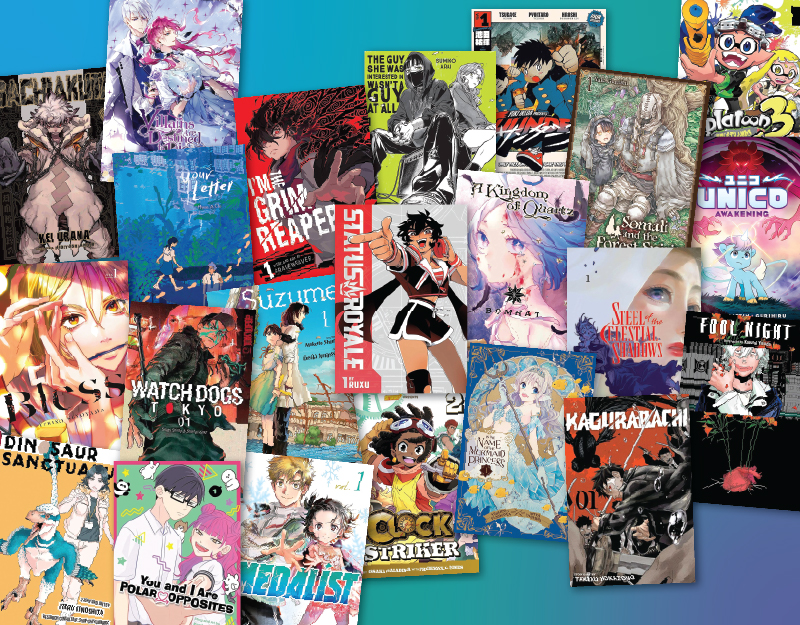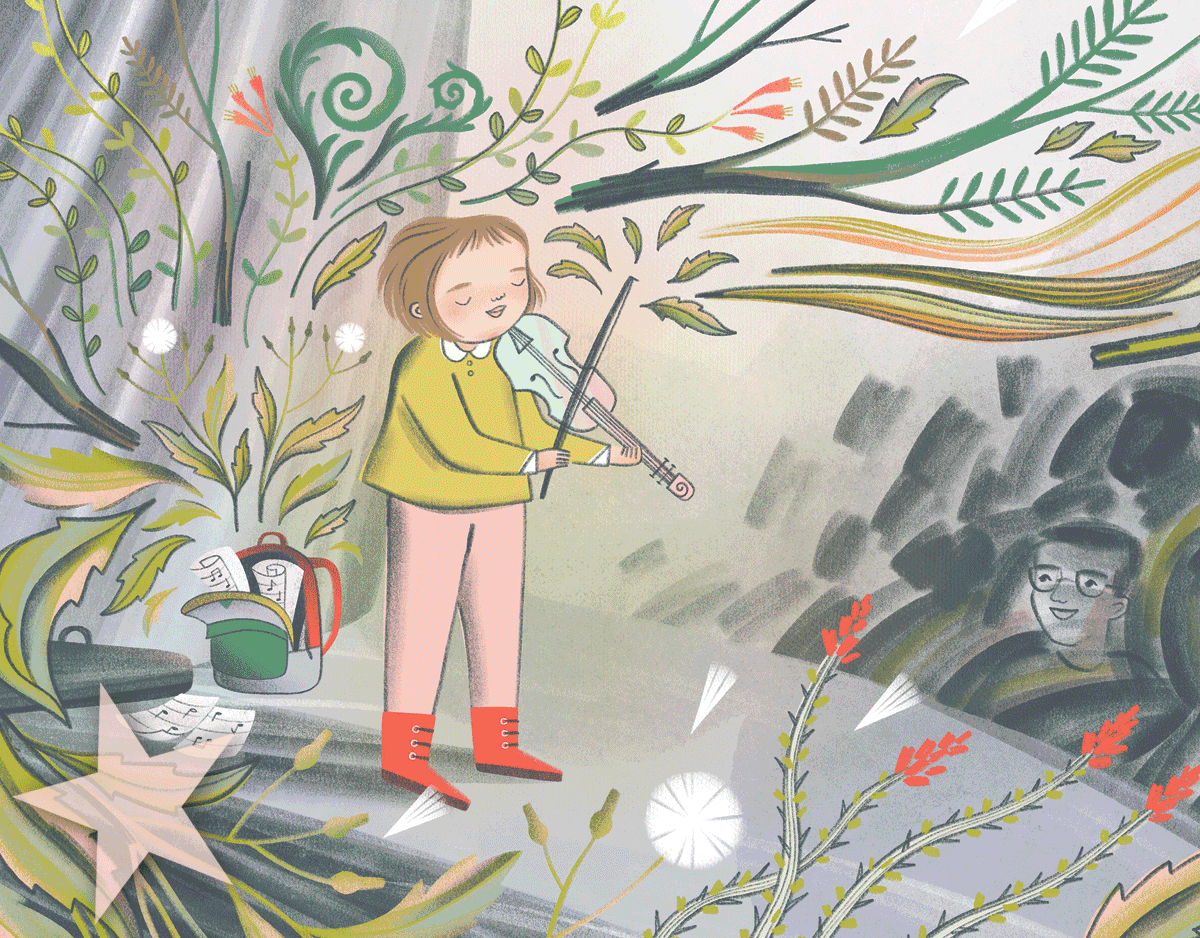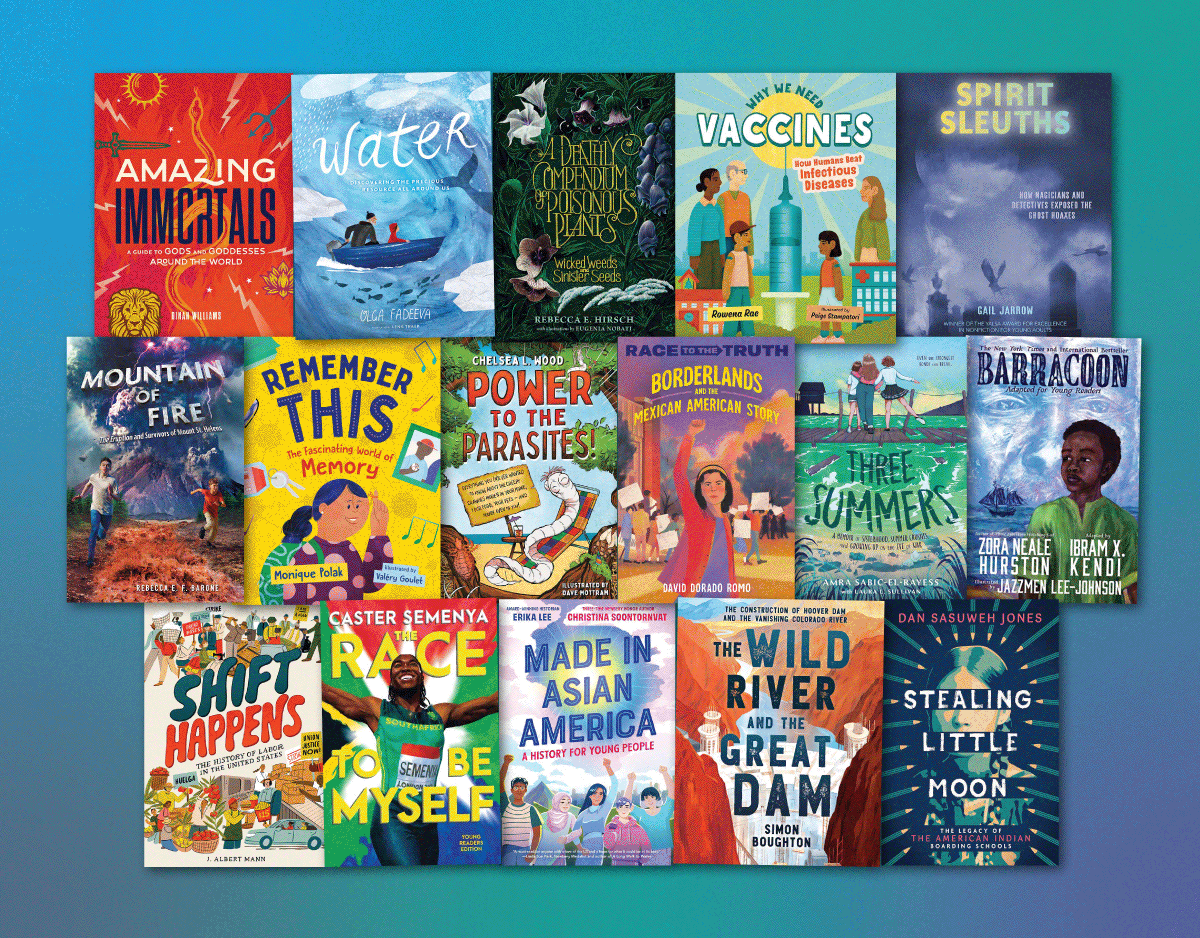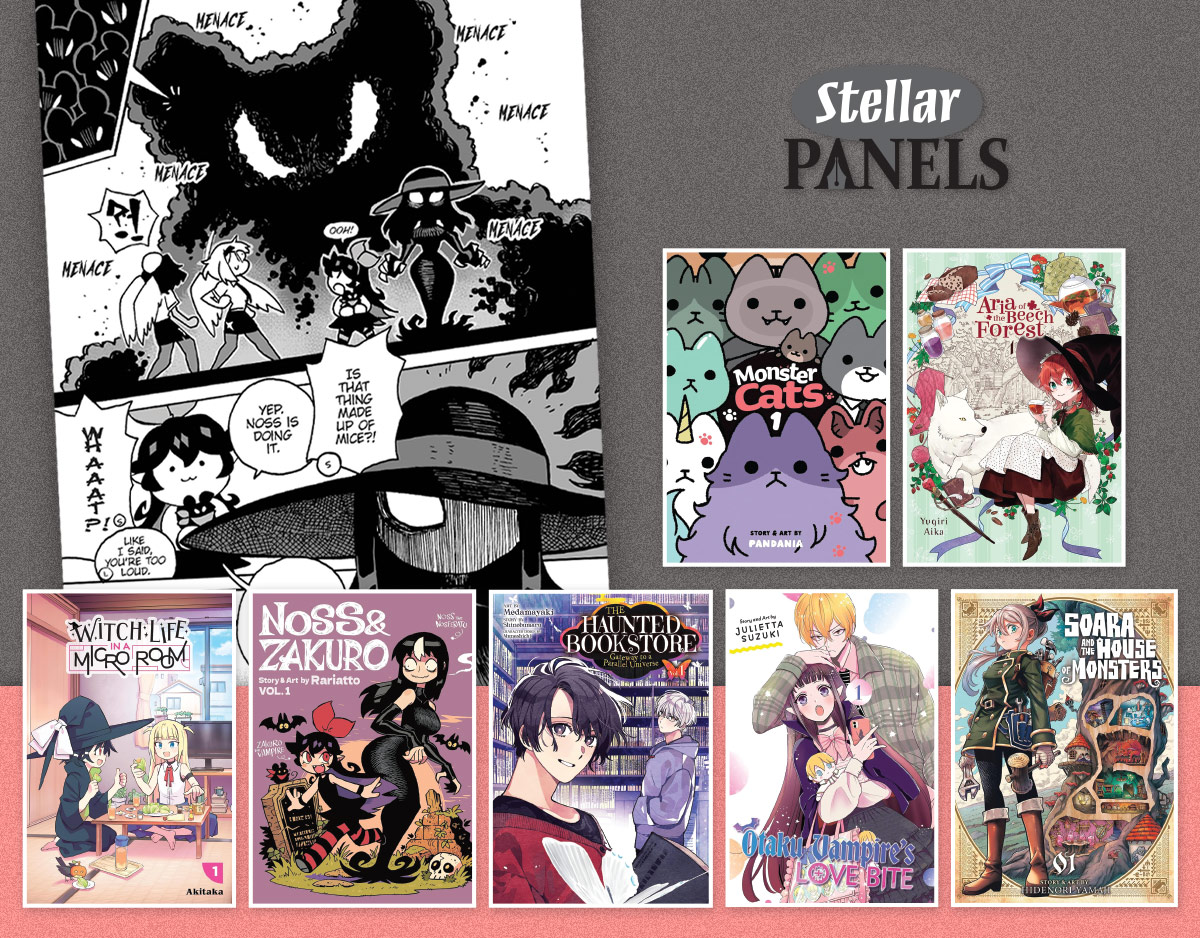Review of the Day: The Remarkable Journey of Coyote Sunrise by Dan Gemeinhart
 The Remarkable Journey of Coyote Sunrise
The Remarkable Journey of Coyote Sunrise
By Dan Gemeinhart
Henry Holt (an imprint of Macmillan)
$16.99
ISBN: 978-1-250-19670-5
Ages 9-12
On shelves now
Knee-jerk reaction. Definition: A quick reaction that does not allow you time to consider something carefully. Alternate Definition: What happens to me, specifically, when more than three people tell me to read the same book. I wish I wasn’t such a little pouty child about this. I wish I could say that the more that people tell me to read a book, the more intrigued I become until I just can’t help but snatch it up for a perusal. But instead, if a bunch of people say they love a book and highly recommend it to me, I get all kinds of contrary. I’ve been trying to pick apart why exactly I have this reaction and insofar as I can tell it’s some perverse combination of being sad that I didn’t read the book first and a weird kind of twisted jealousy. Not jealousy of the person, but of the book itself. Everyone thinks you’re so great, huh? Well let’s see how great you are when I refuse to read you. Ha ha! Not so clever now, are ya? Yeah. I got issues. Fortunately, I also have a kernel of good sense that, given enough time, will make itself known and pique my curiosity when the time is right. By now I’m sure you have heard about The Remarkable Journey of Coyote Sunrise from someone. Could have been a kid reader who loved it. Could have been a gatekeeper (a librarian or bookseller or teacher) who couldn’t stop talking about its bold choices. Could have been online, on best of the year lists, or just generally on the lips of the general populace. Wherever you heard about it, you may too have experienced that old “knee jerk reaction”. So here’s a little tip. You know why they really call it that? Because you would be a “jerk” to reject something quite this good without at least giving it a try. Hey, whaddaya gotta lose?
“I had to get myself, and a bus, and my dad, all the way across the country in less than four days. And I had to do it without my dad noticing.” The name’s Coyote Sunrise. She’s a kid who’s been traveling with her dad in a refurbished school bus on the perpetual move these last five years. Five years ago her mom and sisters were killed in an accident, and ever since then it’s just been her and Rodeo going from town to town. They never stop for long. They never settle. And frankly, Coyote’s had enough. Something’s gotta change and after a phone call with her grandmother Coyote knows what that something is. She needs to go back to her original home, the one they’ve been avoiding all these years, to find something she buried long long ago. She knows Rodeo won’t go for it though, so that means crafty planning. It means picking up new friends along the way that can help. And it means Coyote’s going to do the one thing Rodeo has always forbidden. She’s going to remember the past.
ADVERTISEMENT
ADVERTISEMENT
From the first chapter onward, Gemeinhart sets up the parameters of this world. And to do this he established Coyote as a very specific kind of child protagonist: the kind that is street smart to her own universe. I think I’m mixing my metaphors here, but I’m having difficulty finding a better way to say this. She’s savvy, Coyote is. Knows the lay of the land, the weaknesses of the adults in her periphery, but also has enough honest-to-goodness childlike qualities to keep from sounding like a small, shrunken version of a 45-year-old woman. You’ll find this particularly kind of child hero present in such luminaries as Gilly Hopkins, the Artful Dodger, and Thelonius Mitchell in this year’s The Usual Suspects by Maurice Broaddus. It’s a hard character not to like. They fulfill a distinct kind of fantasy that kids have about having the presence of mind to see through the half-lies and all bald-faced fibs adults try to sell them. Of course, usually these characters can see through any number of adults. Coyote’s a little different. She excels at seeing through one person in particular. The one, you might argue, that got her into this mess in the first place: her dad.
In terms of creating memorable characters, Rodeo’s a doozy. And Gemeinhart sets himself up with an incredibly difficult task. There’s a lotta layers on this hippy dippy fella. He’s been completely undone by grief. So much so that he cannot even allow his daughter to call him “daddy” because of the memories it might stir. So basically, the author of this book has to constantly keep you from thinking of Rodeo as a psychotic (if grief-wracked) jerk. And he does make bad bad choices. Yet somehow, and it’s not just the fact that Coyote is telling you this, you understand that the guy is decent. Now it is one thing for a fellow adult to understand a flawed parental character in a book. It is another for a child reader, who naturally is going to side with the child protagonist time and again, to sympathize as well. And yet, I think Gemeinhart manages it. Just barely (Rodeo makes some breathtakingly awful moves in the course of this story) but by the end you understand why his daughter loves him. The other characters are, by necessity, less fleshed out than these two, but none of them felt flat or two-dimensional. Gemeinhart has a gift for drilling a succinct description of a human soul right into the crevices of your heart.
He also earns his big emotional moments. I’ll level with you when I say that I have no idea how an author does that. But if you’re going to try to pull off these big, powerful points in a story, you have to have come by them honestly. Do it poorly and you’ll lose the child reader immediately. You think a kid can’t tell when they’re being played? Sometimes I’ll read a middle grade novel and the emotional scenes will fall completely flat. Like the author is ramping up the background music, but should have spent more time on the plot. In this book, the author builds trust between the reader and the author. So much so that you can have a scene where two characters scream their secrets into the wind on the top of a moving school bus and it’ll feel real and earned rather than a sneaky plot device meant to further the characters’ emotional growth in the eyes of the reader.
To be truthful with you, a book of this sort will win extra points with me, every single time, if it’s funny to boot. I keep track of when the funny in a book rears its head. For me, the first moment that I sincerely felt I was in good hands was when Coyote had snuck her cat onto the bus and found it later, snuggled into the neck of Rodeo. It reads, “I was standing over him, my hands reached out toward his neck . . . He blinked a few times and looked me up and down, still looming like a strangler over him.” In point of fact, let’s look at a couple other lines Gemeinhart throws at the reader. Even out of context, they’re mighty fine:
– About her cat: “Ivan, guiltless and unapologetic as a cash-flush con man, closed his eyes and leaned into my fingers.”
– “You could say that learning to play Rodeo was like learning to play a guitar, if the guitar had thirteen strings instead of six and three of them were out of tune and two of them were yarn and one of them was wired to an electric fence. He’s a handful, is what I’m saying.”
– “I stood there for a beat or two. The fake smile I’d plastered on my face went stale and rotted away.”
– “There were tears in his eyes. But that could’ve just been the wind. I had tears in my eyes too. But that could’ve just been the wind, too.”
– “…my voice didn’t have an ounce of give in it. It wasn’t mean, but it wasn’t holding hands and blowing kisses either.”
Hm. Seem to have gotten to the end of the review here. Probably should mention something that I didn’t like about the book. You know, to even the rest of this out. And there was, interestingly enough, one element that really bugged me as I read. At no point in the narrative does Gemeinhart ever explain what Coyote does in terms of schooling. Rodeo doesn’t seem to be the homeschooling type, nor is any mention made of that. The closest thing we get is Coyote mentioning that she has to read the newspaper for him, and newspaper reading does not a five-year education make. I found it a bit difficult to believe that the events that happen in this book (in true Blues Brothers fashion at times) do not end with the state taking a close look at whether or not Coyote’s been playing hooky all these years. I can suspend disbelief pretty far, but the leniency of the authorities struck me as a bit on the unlikely side.
Otherwise, however, it’s a darn good book. Why didn’t anyone tell me? I kid. It’s kind of gratifying to know that the story has been finding its audience. And what child wouldn’t find the notion of living on a school bus, tricked out like a long, yellow mobile home, enticing? It’s not trying to be wholly realistic, but it gets there. It’s not trying to be some kind of serious novel that it’s not, because these jokes land. The voice works. The characters are believable. It sometimes dips and loses you (homeschool, Coyote’s ability to serve as a break-up intermediary on the phone, etc.) but for the most part it pulls itself together and serves as a strong reminder that at the end of the day, we all just want a good story filled with good writing. This book delivers.
So, Dan Gemeinhart . . . what else you got?
On shelves now.
Source: Galley sent from publisher for review.
Filed under: Best Books, Best Books of 2019, Reviews, Reviews 2019
About Betsy Bird
Betsy Bird is currently the Collection Development Manager of the Evanston Public Library system and a former Materials Specialist for New York Public Library. She has served on Newbery, written for Horn Book, and has done other lovely little things that she'd love to tell you about but that she's sure you'd find more interesting to hear of in person. Her opinions are her own and do not reflect those of EPL, SLJ, or any of the other acronyms you might be able to name. Follow her on Twitter: @fuseeight.
ADVERTISEMENT
ADVERTISEMENT
SLJ Blog Network
One Star Review, Guess Who? (#211)
Kevin McCloskey on ‘Lefty’ | Review and Drawn Response
Notable NON-Newbery Winners: Waiting for Gold?
The Seven Bills That Will Safeguard the Future of School Librarianship
Take Five: Newbery Picks, Part Two
Gayle Forman Visits The Yarn!
ADVERTISEMENT








I’m so glad you liked this one! I have read a lot of my-sibling-has-died-and-my-parent-is-depressed books this year. A lot. But this one is by far my favorite!
Unschooling is a type of homeschooling. Though usually it is DELIBERATE unschooling not neglectful unschooling.
My 12-year-old daughter and I both loved this one! And I have to say I think this cover is perfection. Sometimes the cover is great and the book is great, but they don’t work together because the cover doesn’t have the correct vibe for the story. (For example, the paperback of “Summerlost” has a very pretty wistful looking picture of a girl at a window that doesn’t work for me for the story at all. The hardback cover was better. Why did they change? Anyway…) Coyote Sunrise, though, is perfect. The image, typography, and title are so compelling and somehow perfectly capture the mood of the book.
The homeschooling, or lack thereof, did not bother me. Maybe because I’ve read about unschooling and maybe because I know quite a few people who homeschool, and schoolwork doesn’t seem to take up much of their days. I was very curious about Rodeo though. What was he like before the tragedy? What did he do? Did he always have such remarkably kind eyes? I guess I’m intrigued and want to know what type of person responds the way he did to grief, to the extreme extent that he did.
Also, I read somewhere in back matter or the jacket flap that the author is father to three girls, and I wonder what his three daughters think of the book? Do they see themselves as either Coyote Sunrise or the two who died? Is the middle daughter his favorite, or did he have the middle daughter survive *because* she’s not his favorite and he wants to disguise that fact? I think it’s very strange that he decided to make the book family resemble his own family. Seems a dangerous choice.